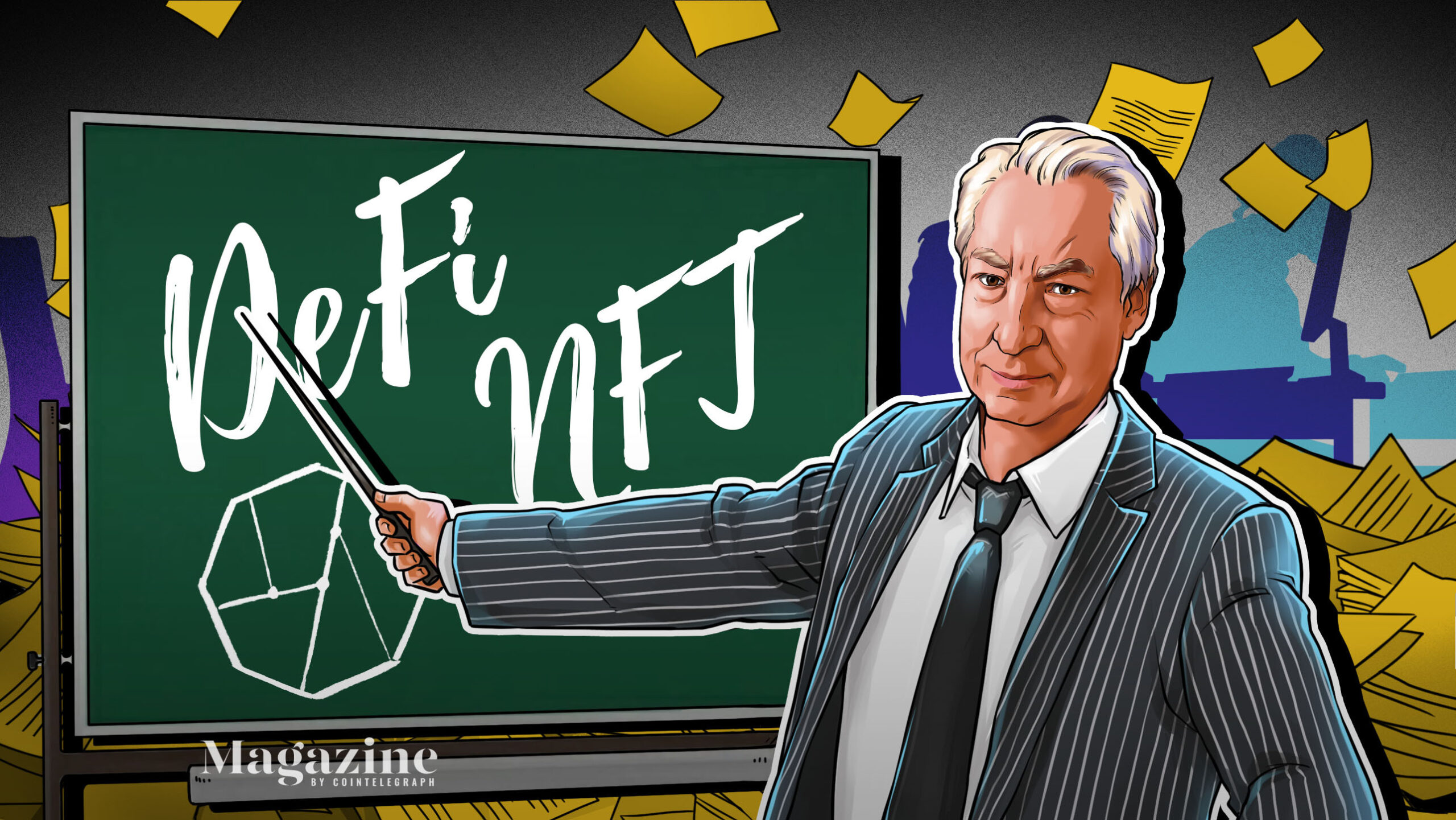Blockchain technology is transformative for both our financial system and commercial enterprises, as well as for improving the human condition. Mor
Blockchain technology is transformative for both our financial system and commercial enterprises, as well as for improving the human condition. More and more unbanked citizens both abroad and here in the United States now can have the capability to transfer and receive funds from loved ones with speed, economic efficiency and anonymity, where necessary, from oppressive regimes and governments and unstable economies. Traditional financial systems that have long not been available in underserved communities in various parts of Africa, Asia and Latin America must now recognize the power and efficiency of blockchain.
Powers On… is a monthly opinion column from Marc Powers, who spent much of his 40-year legal career working with complex securities-related cases in the United States after a stint with the SEC. He is now an adjunct professor at Florida International University College of Law, where he teaches a course on “Blockchain, Crypto and Regulatory Considerations.”
In less than two years, decentralized finance, or DeFi, has sprung up. These communities can borrow and exchange funds in a matter of minutes for their businesses or personal expenses. DeFi has grown from an ecosystem of less than $1 billion in early 2020 to one with over $250 billion in locked value today. Interest in nonfungible tokens, or NFTs, has equally exploded. These collectibles and other forms of NFTs captured more than $10 billion in sales volume in quarter three, up from $1.2 billion six months prior.

Importantly, these blockchain use cases have legal and regulatory considerations. In particular, the United States Securities and Exchange Commission has made clear that most forms of tokens should be considered “securities” and thus subject to both the jurisdiction of the SEC and the regulatory frameworks of U.S. federal securities laws.
In a recent article in The International Journal of Blockchain Law, the SEC’s newest commissioner, Caroline Crenshaw, notes:
“Many DeFi offerings and products closely resemble products and functions in the traditional financial marketplace. […] Market participants who raise capital from investors, or provide regulated services or functions to investors, generally take on legal obligations.”
In other words, certain aspects of DeFi likely involve the jurisdiction of multiple federal authorities, including the Department of Justice, Financial Crimes Enforcement Network, Internal Revenue Service, Commodity Futures Trading Commission and SEC. In the NFT space, there is no question that various intellectual property rights are implicated, such as copyright and trademark laws, as well as possible securities laws.
The need for tech-educated lawyers
It is clear there is a growing need for lawyers here and abroad to understand these possible legal issues and jurisdictions. It is, or should be, obvious that the best lawyers are those who can counsel their clients from a sophisticated understanding of the area of business in which their clients operate. To counsel clients involved in the DeFi space, wouldn’t you want a lawyer with the technological literacy to understand blockchain and the legal issues surrounding it? And perhaps one with education or experience in finance or accounting, rather than one who studied philosophy or chemistry in college? As the many uses of NFTs explode, shouldn’t your lawyer have a good handle on the IP laws and artistic rights associated with the proposed NFT?
I believe lawyers should, and that is part of the reason I am now teaching both blockchain law and fintech law at Florida International University College of Law in Miami after practicing law at law firms and the SEC for 40 years. As businesses start up or grow into the use of digital assets, they will need guidance on the “rules of the road,” as I believe most businesspeople want to do the right thing and follow established laws. For this, they should be able to turn to the next generation of lawyers — those currently in law school — for the answers, or at least for the correct guidance. Yet shockingly, only around two dozen or so of the over 200 law schools here in America teach a class dedicated solely to blockchain or solely to financial technology, last time I checked. That is only 10% of all law schools! That has to change, and rapidly.

Earlier this year, I wrote a column about concerns I and others have with China’s efforts to have the digital yuan replace the U.S. dollar as the world’s reserve currency, stating that the U.S. has to more quickly embrace the idea of a central bank digital currency (CBDC) and its development. The same is true with our new crop of lawyers. We must be educating them in new technologies and the use cases of blockchain, artificial intelligence, data analytics, and augmented and virtual reality, among others. This will vitally assist them in better representing clients. The last great technology was the internet, which the U.S….
cointelegraph.com
